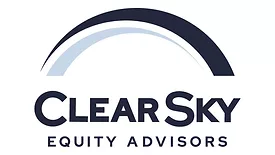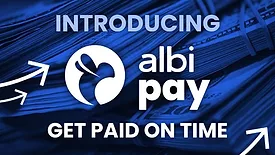Home » Keywords: » restoration business profitability
Items Tagged with 'restoration business profitability'
ARTICLES
Turn Business Data into Strategy, Efficiency and Growth
Read More
Popular All-In-One Restoration Software JobSight Launches Smarter Dashboard for Pros
JobSight’s new dashboard puts restoration pros in control of what they see
July 24, 2025
Trusted Restorer National Conference 2025: Now Open to the Entire Restoration Industry for the First Time Ever
Join restoration pros nationwide in Kansas City for insights, networking and unforgettable experiences
June 6, 2025
Evolve Restoration Mastermind Returns to Nashville for High-Impact Business Growth Experience
Evolve Mastermind Returns to Nashville to Help Restoration Leaders Scale with Strategy and Support
May 30, 2025
K-Tech Kleening and Restoration Marks 50 Years of Service, Family Leadership, and Community Impact
K-Tech Kleening and Restoration Celebrates 50 Years of Trusted Service in Central Wisconsin
May 22, 2025
ClearSky Equity Advisors Facilitates the Sale of United Water Restoration Group of Charlotte for Cindy and Robert Fischmann
ClearSky Equity Advisors Facilitates Strategic Acquisition of UWRG of Charlotte by KCBB Holdings LLC
May 21, 2025
Albi Launches Albi Pay – The First Payment Solution Built for Restoration Contractors
Albi Pay Empowers Contractors with Seamless Cash Flow Control
March 27, 2025
Paul Davis Restoration Will End First Quarter of 2025 With Strong Growth
Paul Davis Restoration Solidifies Dominance with Expansion, Sustainability and Industry Leadership
March 14, 2025
Stay ahead of the curve with our eNewsletters.
Get the latest industry updates tailored your way.
JOIN TODAY!Copyright ©2025. All Rights Reserved BNP Media.
Design, CMS, Hosting & Web Development :: ePublishing












